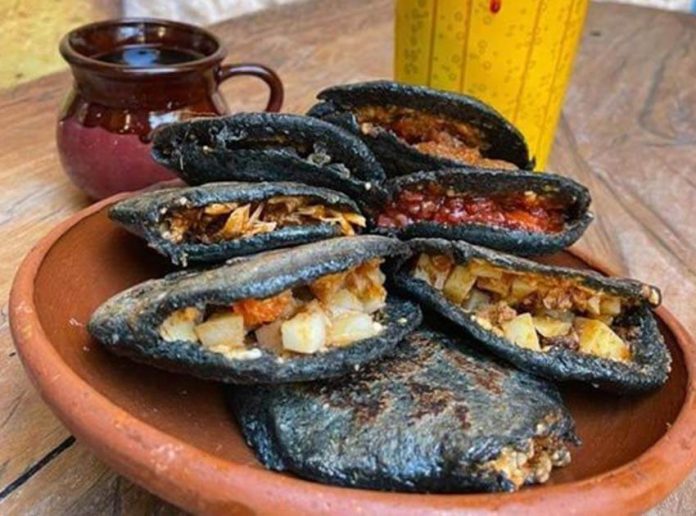Et tu, Brute?
Collectively, we’ve been talking a lot about language over the past few years: which words are appropriate, which words are not, whether or not we should change elements of our language to express either more inclusivity or less possible offense.
I wrote an article last year about the ways that Spanish is changing (or rather, how some people are attempting to change it — because it seems the jury’s still out on whether or not these changes will become permanent) to become more inclusive, but the matter is far from settled in my own mind.
I like it when my child’s school administration writes “niños y niñas” in their official correspondence. But I admit to rolling my eyes when one of the parents in our WhatsApp group insists on writing “niñes” instead — substituting a letter E for the gender-specific endings A or O is a strategy that some Spanish speakers are using lately to make the gendered Spanish language more gender-neutral.
I’m willing to consider the possibility that this makes me a closed-minded, not-good person (as we all are in some respects), but my gut tells me that it’s an attempt at a culture war focused on distracting people, willfully or not, from Really Big Issues that affect all of us in Very Big Ways, no matter which of a rainbow of genders we may identify with.
Or maybe proponents thought it would be a very simple “use this pronoun with me now, please” request and not a worldwide discussion that would send us all down such a highly emotional rabbit hole, polarizing us while the world alternates between burning and flooding and our economies continue to ensure that workers are barely surviving?
Whew! Long sentence, I know. I’m wrestling with this stuff, y’all.
I’m referring this time, of course, to gorditas, one of Mexico’s most loved masa-based snacks.
It’s one of those stories that when I saw the headline, it put my face in a narrow side-eyed expression. Is this really worthy of a news story? Is someone trying to get us incredulously worked up, taking away precious brain space from things like vote-buying and violence at voting stations — both of which have a very direct effect on how we all live our lives?
Or from the fact that Mexicans are having to depend more and more on remittances from their relatives in the United States because even full-time workers can’t afford to keep up with inflation and the cost of living?
Chances are, there is not some big world organization trying purposefully to distract us, at least not with the names of Mexican food. My guess is that it’s simply an unintended consequence, like lots of things are.
But OK, let’s talk briefly about gorditas.
It never occurred to me that they were named after … fat girls? The food itself is paunchy, so it could very well just be comida gordita – “fat food,” which I think is adorable and which I’ve always assumed was the root of it.
But even if that’s not the case, is it really so big of a deal that we need to have a whole societal discussion about it?
How I long to spend hours discussing things that are affecting all of us in major ways. Could it be that we’re holding so tight to these minor types of arguments because, in what feels like a totally chaotic world, our language — and to some extent the language that those around us use — is something that we can kind of control?
Language is an interesting topic, but when it stops us from tackling other major problems because we’re fighting each other about what to call a snack, it puts me at a loss regarding how to turn down the temperature on our discourse.
I also feel frustrated at this kind of thing because:
- It’s an issue that’s just begging to be made fun of. If we already know the strategy du jour of the opposition is to humiliate “the other side” by making them seem like tantrumming toddlers, couldn’t we stop making it so easy for them?
- On the long list of liberal causes I care deeply about (economic justice and certainly economic inclusivity, for example), the words we use, while important, should not take up such a large percentage of our collective brain power. We need that brainpower for other important things!
Identity is a big deal right now, and I don’t think the conversation is going to end anytime soon. But gorditas? That’s just an issue so ludicrous that I often wonder if political opponents are simply trotting things like this out and amplifying them to make “our side” seem too ridiculous to even attempt to deal with.
I also can’t help but feel that this “language crisis” in Spanish, like so many other things from the U.S., has been imported, that the powers that be have realized that the “culture wars” are a great strategy for keeping people’s focus elsewhere.
Or maybe someone really did have some very big feelings about the name “gorditas.” If we’re going to change the name, I hope that the new name will at least be widely announced; this gordita would like to keep eating them.
Sarah DeVries is a writer and translator based in Xalapa, Veracruz. She can be reached through her website, sdevrieswritingandtranslating.com and her Patreon page.
